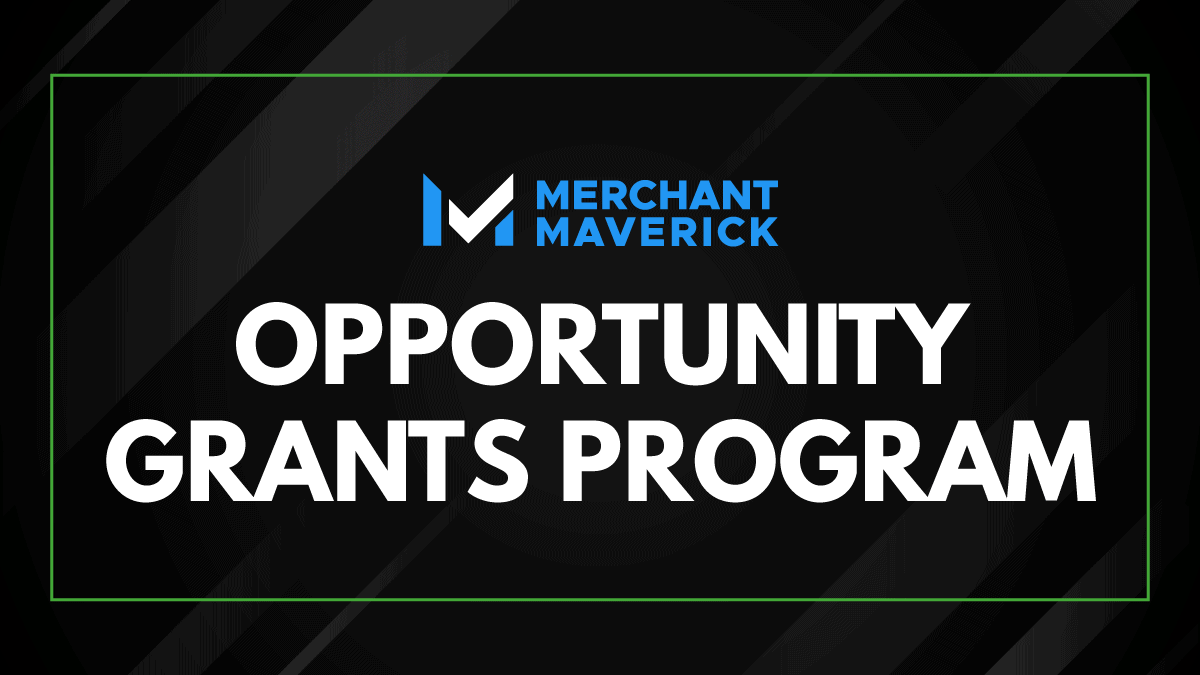Merchant Maverick Opportunity Grants

⚠️ Important Note: If you have received any messages asking you for payment regarding our grants, this is fraudulent and should be reported. There are no fees associated with our grants and we will never contact you directly on social media.
If you received the message on social media, please report the account as fraudulent to the platform where you received the message. Find instructions on how to do this via Facebook here. You may also report the scam directly to the Federal Trade Commission and to the FBI Internet Crime Complaint Center. Please submit a report via our contact page with any information you can (such as email addresses, websites, or social media accounts belonging to the scammers) so that we can take action as well.
Welcome to the official page for the Merchant Maverick Opportunity Grants Program. At Merchant Maverick, we aim to make small business easy by providing comprehensive, unbiased reviews of the software and services you need to make your business succeed. Each review on our site represents hours of research, fact-checking, and testing by our writers and experts.
But we don’t draw the line at simply educating readers. We’re also here to help you finance your small business dreams.
We are currently brainstorming for our next grant. Subscribe to our newsletter to stay up-to-date about future Opportunity Grants.
Curious about the impact of our grant program? Read about our past winners!
- The 2021 Merchant Maverick Opportunity Grant for Black, Female Business Owners
- The 2022 Merchant Maverick Opportunity Grant for AAPI Restaurant Owners
- The 2023 Merchant Maverick Opportunity Grant for Portland-Area Startups
- The 2024 Merchant Maverick Opportunity Grant for Native-Owned Small Businesses
- The 2024 Merchant Maverick Opportunity Grant for Kid-Entrepreneurs


